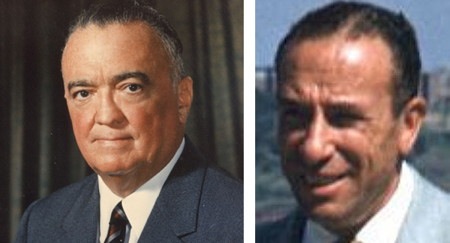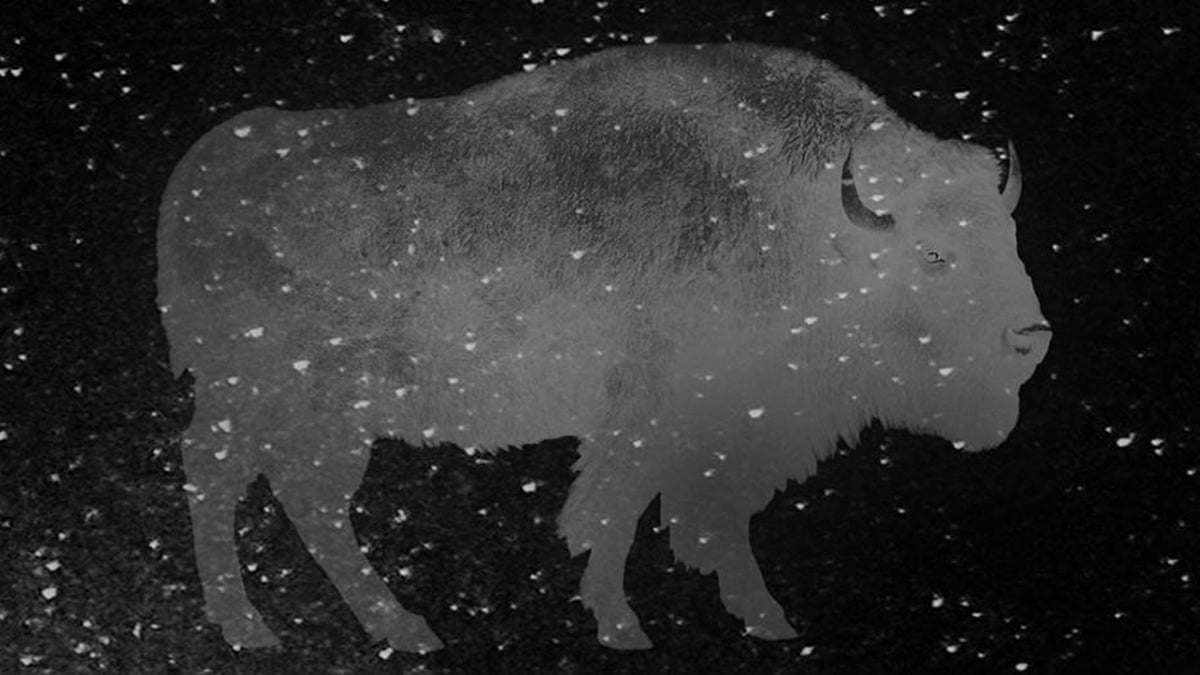J. Edgar Hoover is one of the great characters of American history. The head of the FBI for 48 years, he was a feared and fearsome warden of information who ran the Bureau as his own elite squad of G-men. He was known to amass files on countless government and entertainment figures, much of the information obtained in a less than constitutional manner. (Gee, glad that doesn’t happen any more, right?)
He was also a fierce guardian of the public morals. And via the Freedom of Information Act, here’s a funny little tidbit of comic book history, passed along by FOIA expert Michael Ravnitzky. You can read the entire exchange below, but basically there was an FBI file on the Comics Magazine Association of America, 1960, the self-censoring body instituted by the comics industry after the Kefauver hearings. It started with a public memo written on January 1, 1960 in which Hoover warned of the hideous scourge of pornography that was hurting the children:
I am speaking of the unquestionably base individuals who spread obscene literature across our land through the means of films, decks of playing cards, photographs, “comic” books, salacious magazines, paperbacked books and other pornographic products. These forms of obscenity indeed threaten the morality of our Nation and its richest treasure-our young people.
While the danger of dirty playing cards remains present to this day, it was the mention of comic books which alarmed John L. Goldwater, then president of the CMAA as well as the founder of Archie Comics (and father of current co-publisher Jon Goldwater, who makes occasional appearances here at The Beat.) Goldwater wrote to Hoover to defend the comics industry:
Our attention has been called to your statement linking comic books with pornography, which has been reprinted in newspapers throughout the country during the past month. We respectfully but most strenuously, wish to protest just unjustifiable characterization for there is absolutely no existing basis for it. Its publication, over name [sic] someone your stature and public esteem, constitutes a serious liability to an industry which has demonstrated its responsibility to a remarkable degree on practically a unanimous basis more than five years. The comic books sold on the newsstands today are not, in any sense, pornographic or obscene; they are, on the contrary, decent and in good taste. While it is possible that your statement was not intended to include the comic books sold on newsstands; nevertheless, the average reader could assume that it did, for the statement did not distinguish the legitimate product our industry the type of material produced in cartoon form to be sold illicitly as pornography.
Hoover’s office wrote back in an almost contrite way: it wasn’t those decent comics that were being condemned, but the nasty ones:
With regard to my reference to “‘comic’ books” in my statement to all law enforcement officials in the January, 1960, issue of the FBI Law Enforcement Bulletin, I believe that you as a member of the legitimate comics industry should be well aware of vile type of lewd and obscene literature to which I was referring. Undoubtedly, you are familiar with the many “under-the-counter” comic books which illicitly trade on established comic characters and depict them in various vulgar and obscene activities. The unscrupulous individuals who profit from this degrading activity should be ferreted out and made to pay for the tremendous harm which results particularly among our young people.
[snip]In the sentence to which you take exception, quotation marks were used round the word “comic” to specifically convey the idea that legitimate books were not being criticized.
And then adds a bit of a zinger:
You might like to know that although 1 have received a number of comments and letters concerning my statement, yours has been the only one misinterpreting it.
OH SNAP. Unsurprisingly, before this memo was sent out, thethe bureau ran a check on Goldwater, but he came up clean.
What were the offending comics? A P.S. to the FBI file reads:
Attached in an obscene envelope are samples of the comic books. These are from the Laboratory’s reference file and should be returned so that they may be placed back in the file. The obscenity of this type material, currently referred to as hard-core pornography, has been thoroughly established by court action in the past.
The FBI had the largest collection of porno known to the world; however, it was destroyed in the ’70s, so we’ll never know just what these dirty comics were, although I’m sure comics scholars can guess.
A sad addendum to the matter comes in the last paragraphs of Goldwater’s letter:
Perhaps you will be interested to know that almost two-thirds of the publishers of comics magazines in business at the time the code was adopted have gone out of the field. There were some thirty publishers actively engaged in producing comic books in the Fall of 1954. Today, there are only eleven! A concomitant reduction in the percentage of’ distributors and printers of comics has also resulted. Nevertheless, those remaining in the industry have steadfastly adhered to the program, supporting it financially, submitting their material for advance review, making the revisions required, and facing up to the competition of other communications media which do not have anything like the restrictions to which Code-Approved comics are subjected.
While the destruction of the US comics business is covered at length in David Hajdu’s The Ten Cent Plague, here in a few sentences is Goldwater’s perhaps wistful capitulation to the realities of his gutted industry. While he may have been a little sad at that point, it didn’t stop him from running the CMAA for 25 years, and helping hold the US comics industry in an immature state for that whole time.
Here’s the whole file:
[gview file=”https://www.comicsbeat.com/wp-content/uploads/2013/10/FBI-ComicsMagazineAssn_1960.pdf”]









fascinating!
This doesn’t seem to refer to legit comics, but to Tijuana Bibles – saucy parodies on movie stars and comic books (Mickey Mouse, Clark Gable, etc “at it”).
1) The comics referenced by Kefauver and company are in the National Archives, along with the other “delinquent” files.
2) I wonder what became of all the material collected during the Meese Commission on Pornography. The final report is quite an interesting read!
3) Was the “Obscene File” purged? It seems to have existed through the 1990s.
4) http://vault.fbi.gov/ Lots of files on celebrities. Also “Unexplained Phenomenon”. 28 pages on Laugh-In. Search “Betty Page” for a listing of various pornography collected by the Bureau.
Here’s a direct link to the Vault’s Bettie Page page.
SRS
“The FBI had the largest collection of porno known to the world …”
I’ve always heard the Vatican had (and still has) the world’s largest porn collection. They had to read it all, to make sure it was truly obscene and would send you to Hell!
“Undoubtedly, you are familiar with the many ‘under-the-counter’ comic books which illicitly trade on established comic characters and depict them in various vulgar and obscene activities.”
Something tells me that J. Edgar would not have approved of one of my upcoming projects. Which goes live in a few weeks.
Comments are closed.